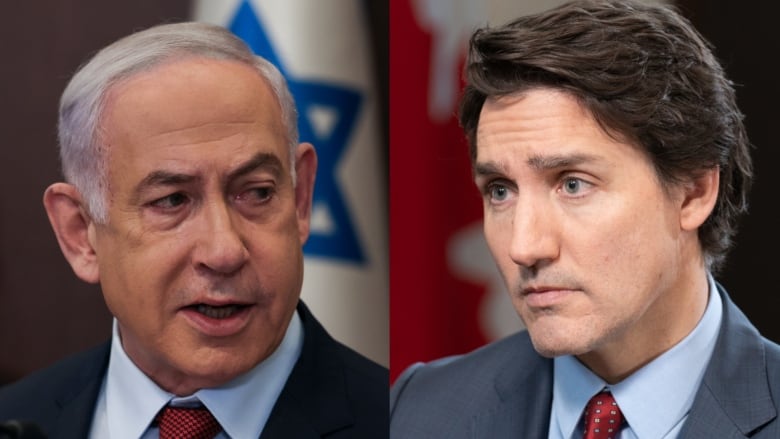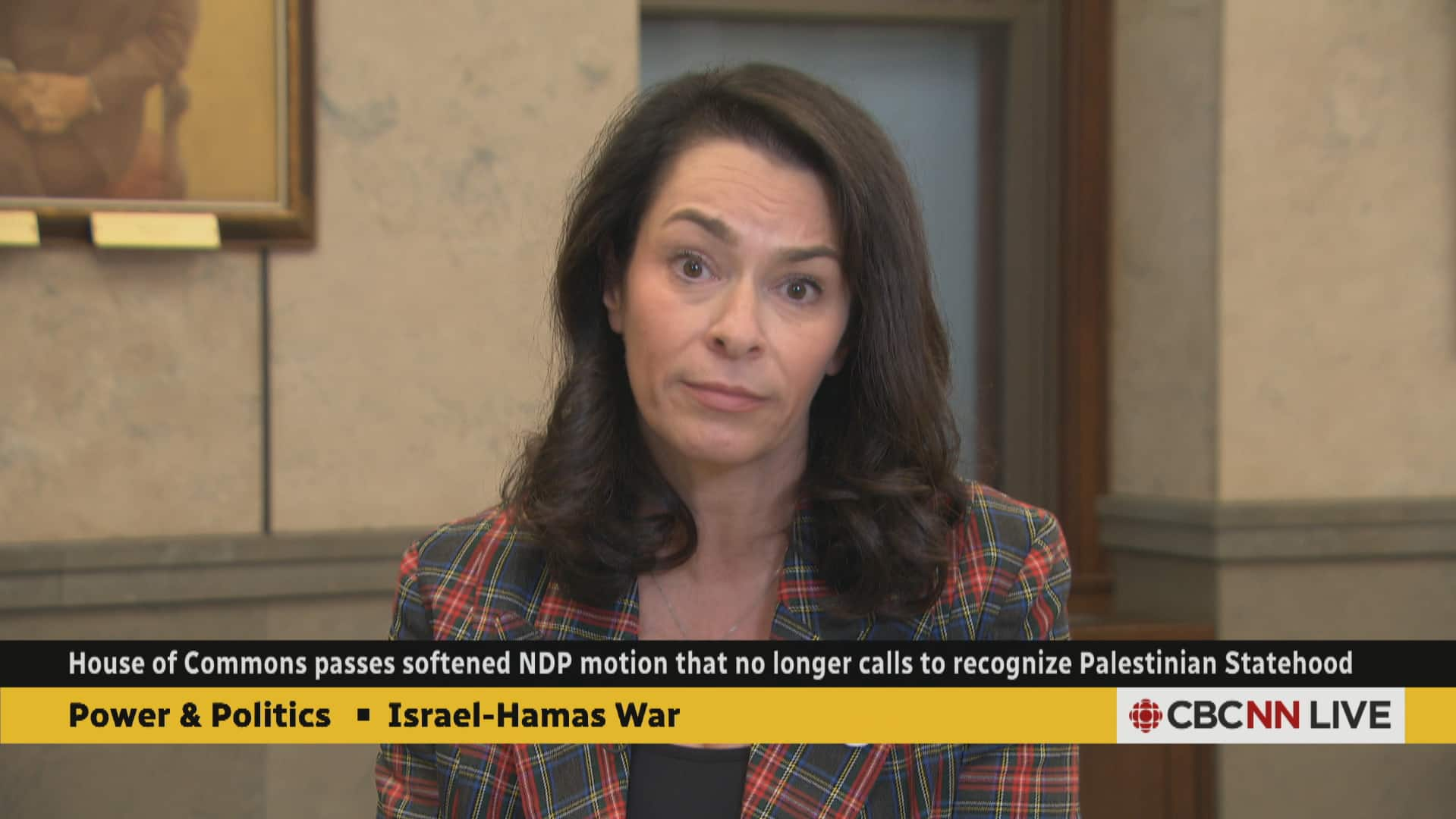Defence Minister Bill Blair said Thursday that despite this week’s drama over a divisive House of Commons vote calling for an end to future arms exports to Israel, the Commons-approved motion doesn’t change Canada’s approach to the file at all.
“We haven’t changed,” he told CBC’s Power & Politics Thursday. “I would characterize this as a continuation of existing government policy.”
Most Liberal MPs, including cabinet ministers, joined the NDP in backing a motion Monday calling for an end to new export permits for arms bound for Israel. The motion was heavily amended by the Liberals before going to a vote.
But confusion over what the motion actually does in practice has been growing in the days since — with some groups arguing it amounts to an arms embargo and others saying it simply reinforces business as usual.
While the motion is non-binding, Foreign Affairs Minister Mélanie Joly told reporters that it is “clearly the intent of this government to make sure that we follow what is written in this motion.” Her office also said Canada stopped approving permits for Israel on Jan. 8.
Blair said the government will respect export permits approved before that day and pause approvals going forward.
“And Global Affairs as of Jan. 8 has not issued any new permits for military equipment to Israel and will not. And they’ve made that clear well before this motion,” he said.
Before backing the motion Monday, the government adjusted a section which originally called on the federal government to “suspend all trade in military goods and technology with Israel.” The approved amendment now agrees to “cease the further authorization and transfer of arms exports to Israel.”
In a statement issued after the motion passed, NDP MP Heather McPherson — who spearheaded the motion — said her party expected the “government to end all arms exports to Israel.”
NDP MP Heather McPherson discusses the motion she authored, which was later amended. Quebec Liberal MP Anthony Housefather offers his personal reflections on the majority of his caucus colleagues supporting the motion. And the Power Panel weighs in on the political fallout.
“There is no justification for sending arms into any conflict where there is a potential for them to be used in human rights abuses,” she said.
The controversial Canadian motion originally called for the federal government to officially recognize Palestinian statehood but was amended before a late-night vote on Parliament Hill.
Adviser compares motion to Canada’s WWII policy
Israel has condemned the motion.
On Thursday, Ophir Falk, a foreign affairs adviser to Israeli Prime Minister Benjamin Netanyahu, compared the symbolic House of Commons motion to Canada’s antisemitic immigration policies prior to the Second World War.
“We appreciate the support we’ve received from Canada and and we hope that continues,” Falk told host David Cochrane.
“But it looks like this is another ‘none is too many’ moment for Canada. That’s very unfortunate.”
The phrase “none is too many” has been attributed to a government official in Prime Minister William Lyon Mackenzie King’s government who was asked in 1945 how many Jews should be admitted to Canada.
The phrase has been used to describe the antisemitic sentiments that guided Canada’s immigration policies at the time. From 1933 to 1945, only about 5,000 Jewish refugees were accepted into Canada.
Those sentiments had tragic results. In 1939, the Canadian government turned away a boatload of German Jews seeking refuge from the Nazis. About 500 of them ended up back in Germany, where 254 were killed in concentration and internment camps.
In 2018, Prime Minister Justin Trudeau officially apologized for the Canadian government’s decision to refuse the MS St. Louis’s passengers the right to disembark.
“If this motion goes through, it is a badge of shame,” said Falk.
“I understand that the Canadian government, Prime Minister Trudeau, does not want to provide us with the tools to win. Israel will win.”
Blair pushed back.

“I believe he’s wrong, that that’s a little hyperbolic,” he said. “The position of of of Canada has been well articulated well before that resolution.”
Israel launched an offensive in the Gaza Strip following the Hamas-led attack of Oct. 7. The surprise Hamas assault left some 1,200 people — mostly civilians but also soldiers, police officers and security officials — dead in Israel, according to officials, and saw hundreds of hostages taken to Gaza.
Gaza health officials said that as of last week, Israel’s military campaign had killed more than 31,000 people, including thousands of children, and had displaced nearly two million more.
Falk disputed those figures and reiterated Israel’s stance that it does not target civilians and is only interested in eliminating the militant Islamist movement Hamas.
Earlier this week, a UN-backed report said famine is imminent in northern Gaza and could spread across the territory as the war rages into its fifth month.
The Integrated Food Security Phase Classification report goes on to say that hundreds of thousands of people in the Palestinian enclave will experience “catastrophic” levels of hunger.
On Monday, the European Union accused Israel of using starvation as a weapon of war — a claim that Israel also rejects.




